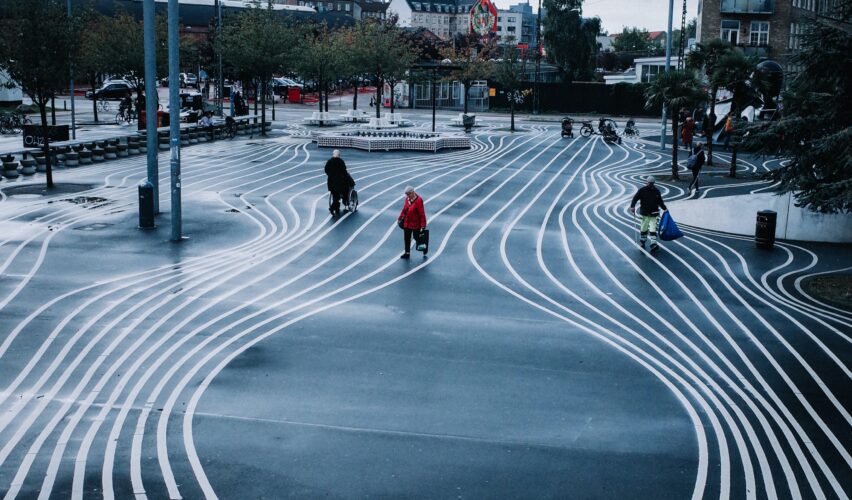On November 6th, 2015 we were invited to represent the Citykeys consortium at the Eurocities Annual Conference in Living Cities, in Copenhagen, where we chaired one of the speednetworking round tables on the perilious subject of “KPI’s and smart cities”.
On the previous days, Zaragoza City Council had hosted a workshop in Brussels that gathered representatives from EU, standardization bodies, H2020 lighthouse projects and cities to discuss a common proposal for smart city indicators across Europe. The need for such a common framework increases proportionally to the number of different smart city rankings, smart city definitions and smart city projects launched by the EU, each of it working again and again on its own set of indicators.
Defining how to measure the smartness of a city is virtually the same than agreeing of a definition what a smart city is: something well beyond our current capacities and strength. A slippery subject, where many other workgroups failed before. That is why Citykeys wisely adopts a different angle. Instead of attempting to provide the ultimate smart city definition and a cage of indicators where all cities must fit, regardless of their unique subtleties and marvellous differences, it will provide a facilitating tool for cities, flexible and modular: let’s ask ourselves the right questions for our cities here and now, and answers will surely come later in the form of innovative and (probably) unexpected solutions.
The Citykeys workforce is also distinctive: a joint venture between cities and innovation institutions that has analyzed so far more than 40 smart city frameworks and conducted extensive citizen surveys about “smart city” perceptions and needs. We anticipate that such a joint effort will produce significant results both at the research, regulatory and city hall levels.
Already the Brussels workshop and the Copenhagen roundtable showed that we can make significant progress in KPIs definition, while avoiding endless (and pointless) discussions about the controversial and wasted smart city concept:
- City performance indicators should not provide a fixed picture of a city, but rather reflect and acknowledge its progress and direction
- Cities must define their own priorities and problems to tackle, chossing the right KPIs from a wider palette of indicators
- More often than not, indicators should rely on open data published by cities, and aggregate indicators should be open source, i.e. the calculations and formulas must be publicly available and accountable.
- We still don’t know (and probably never will) what a smart city means, but we agreed that it should encircle concepts such as inclusion, education, innovation, energy poverty, social cohesion, enhanced participation and quality of public space. Although they might seem common sense, not all of these are found in all smart city definitions.
In the following months, the cities of Vienna, Tampere, Rotterdam, Zagreb and Zaragoza will be priviledged pilots in a first attempt to measure these liquid concepts. We hope to contribute to the design of a tool that can be used by hundreds of cities in Europe (250 cities have already expressed their willingness to use the Citykeys KPI framework), as well as by the future H2020 projects (specifically by the Lighthouse cities).
But most importantly, we hope that the Citykeys framework will showcase and impulse the progress that our city, Zaragoza, has done towards its reconfiguration into an open, innovative, and inclusive city.
This article is published under a Creative Commons license. Some rights reserved.
Photo by Darth Liu on Unsplash










